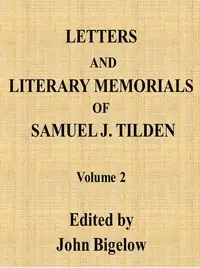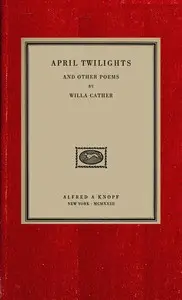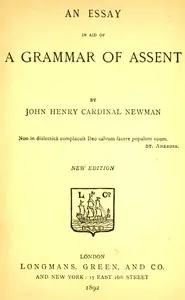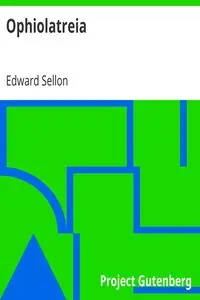"Ptolemy's Tetrabiblos: or Quadripartite, being four books of the influence of the stars" by J. M. Ashmand is a scientific publication likely written in the early 19th century. The work serves as a translation of Ptolemy's astrological treatise, exploring the impact of celestial bodies on human affairs and natural phenomena. It explores the ancient principles of astrology, seeking to validate its historical significance and relevance in understanding the world. The opening of this work introduces the concept of astronomical prognostication, emphasizing the importance of understanding the positions and influences of celestial bodies such as the Sun, Moon, and planets. Ptolemy discusses how these heavenly bodies affect the environment and human characteristics, suggesting that knowledge of their movements can lead to predictions about individual destinies and significant events. He argues that while prescience is challenging, it is possible and valuable for aiding individuals in navigating their lives based on the ambient qualities reflected in the stars. (This is an automatically generated summary.)
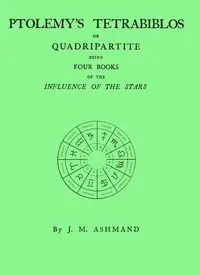
Ptolemy's Tetrabiblos : $b or Quadripartite, being four books of the influence of the stars ... with a preface, explanatory notes, and an appendix containing extracts from the Almagest of Ptolemy and the whole of his Centiloquy, together with a short notice of Mr. Ranger's zodiacal planisphere and an explanatory plate
By Ptolemy
"Ptolemy's Tetrabiblos: or Quadripartite, being four books of the influence of the stars" by J. M. Ashmand is a scientific publication likely written ...
Claudius Ptolemy was an Alexandrian mathematician, astronomer, astrologer, geographer, and music theorist who wrote about a dozen scientific treatises, three of which were important to later Byzantine, Islamic, and Western European science. The first was his astronomical treatise now known as the Almagest, originally entitled Mathematical Treatise. The second is the Geography, which is a thorough discussion on maps and the geographic knowledge of the Greco-Roman world. The third is the astrological treatise in which he attempted to adapt horoscopic astrology to the Aristotelian natural philosophy of his day. This is sometimes known as the Apotelesmatika but more commonly known as the Tetrábiblos, from the Koine Greek meaning "Four Books", or by its Latin equivalent Quadripartite.


